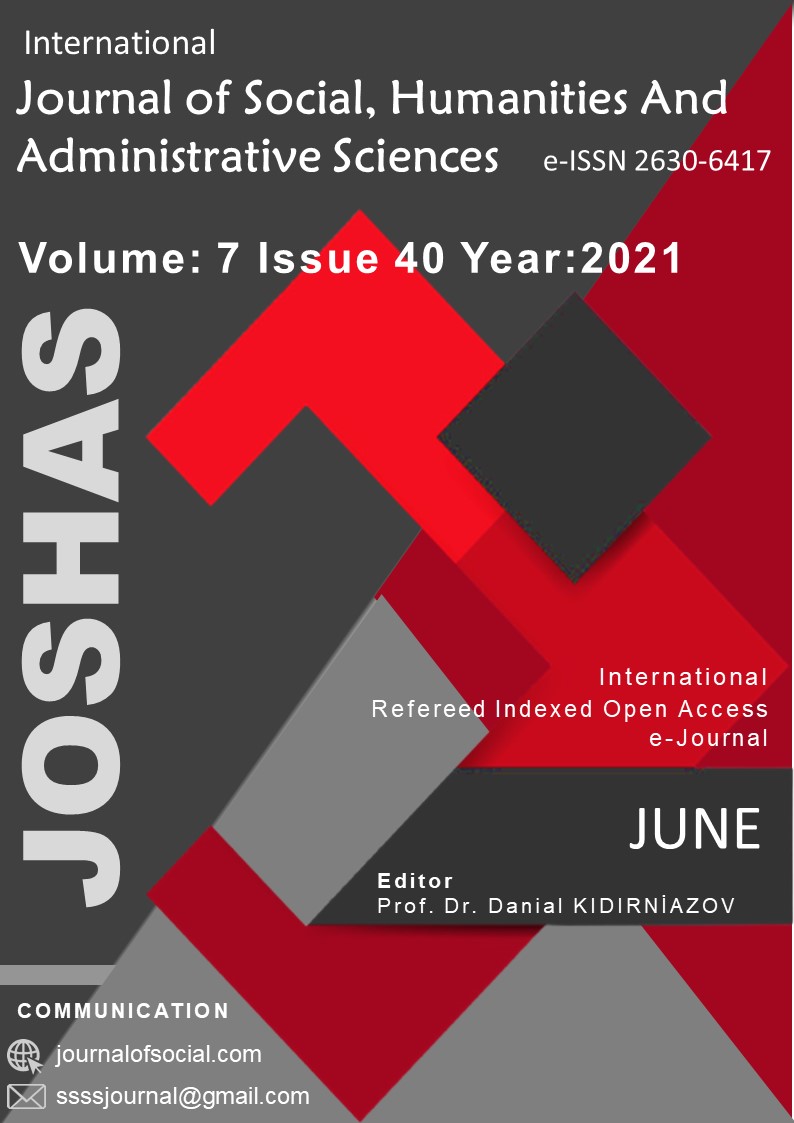Author :
Abstract
Kadın ve erkek meselesi günümüzün dinamik ve canlı konularından birisidir. Modern epistemik çerçevenin yükselmesiyle birlikte kadın ve erkeğin rollerinin, davranış biçimlerinin, hayatı ve olguları ele alma tarzlarının a pirori olarak belirlenmeyeceği/belirlenmediği kabulü giderek yaygınlık kazanan bir görüş haline gelmiştir. Bu çalışma, kadın/erkek meselesinin sosyal bir inşa sorunu olduğu tezini işlemektedir. Buna göre herhangi bir grubun, sosyal yapının ve kültürün kadını ele alma biçiminde sosyal bağlamın etkisi büyüktür. Bugün Mısır’da kadın olmakla, Paris’te kadın olmak aynı anlamlara gelmemekte ve kadına yönelik yaklaşımlar farklılık göstermektedir. Bu açıdan kadın meselesi kültürden ve sosyal bağlamdan bağımsız düşünülmemelidir. Bunun en güzel örneği kendi içerisinde belli örüntülere sahip dini grup ve cemaatlerdir. Herhangi bir cemaatin kadını ele alma ve konumlandırma biçiminin kendine özgü kılan yönlerinin betimsel olarak ortaya konulması bu açıdan fikir verici olacaktır. Çalışma boyunca dini bir grup olan İsmailağa’nın sahip olduğu sosyal bağlamın kadına bakış açısına olan etkileri söylem analizi yöntemiyle ele alınmaktadır. Bu kapsamda ele alınan dini grubun görüş ve düşüncelerini yansıtan ve grubun önderleri tarafından kaleme alınan nitelikli bir metin olan Ruhu’l Furkan tefsiri söylem analizine tabi tutulmaktadır.
Keywords
Abstract
The issue of men and women is one of today's dynamic and lively subjects. With the rise of the modern epistemic framework, the acceptance that the roles, behavior patterns, life and phenomena of men and women will not / could not determined a priori has become an increasingly widespread view. This study deals with the thesis that the male / female issue is a social construction problem. Accordingly, the social context, social structure and culture effect on the way any group, handles women is great. Today, being a woman in Egypt and being a woman in Paris do not mean the same and the approaches towards women differ. In this respect, the issue of women should not be considered independent of the culture and social context. The best example of this is religious groups and communities that have certain patterns in themselves. In this respect, it will be suggestive to reveal the aspects that make unique to any congregation's way of handling and positioning's women in a descriptive way. Throughout the study, the effects of the social context of Ismailağa, a religious group, on the perspective of women are handled with discourse analysis method. In this context, Ruhu'l Furkan interpretation, a qualified text that reflects the views of the religious group and was written by the leaders of the group, is make subjected to discourse analysis.





